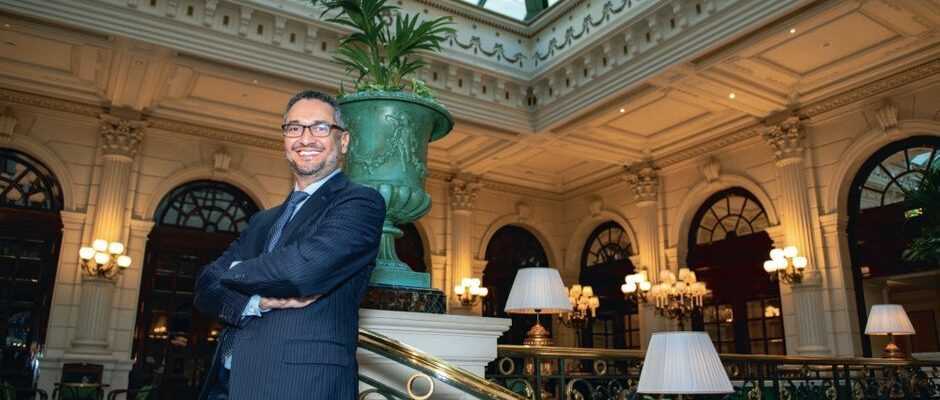This American company, which will invest in France, is developing a technology to detect cancer using a drop of blood.
Fifteen thousand lives. This is what Illumina proposes to save in France. Created in 1998 and based in San Diego, the world leader in DNA sequencing will invest more than 100 million euros in France to develop its Grail technology. It can detect 50 types of cancer from a single drop of blood. Flagship product of the biotech giant of the same name, Grail was acquired by Illumina in 2021 for 6.4 billion euros. “This blood test, named Galleri, is used to diagnose cancers at an early stage. With him, we want to democratize DNA,” says Francis deSouza, CEO of Illumina, who came to Paris and Brussels to defend his chapel.
In 2003, the first sequencing of a genome cost 2.7 billion euros. In 2007, Illumina made it for 132,000 euros. In 2022, the company claims to have lowered this cost to 530 euros with one objective: to be under 100 euros very quickly. Born in Ethiopia to an Indo-Portuguese father and a Greek-Filipino mother, educated in Dubai then sent to MIT, after a subscription in his church to pay for the trip to Boston, Francis deSouza is in the image of his company: opinionated, ambitious and visionary. Its customers: researchers, doctors, especially oncologists, and also the general public with partners like 23andMe which, for 90 euros, tells you everything about your ancestors.
DNA sequencing? A market of 17 billion euros in 2026
Basically, Illumina mainly manufactures machines (from 20,000 to 900,000 euros) and integrated systems to analyze genetic variation and biological function. “But our salespeople and our practitioners are doctors,” continues Francis deSouza, 51, who studied at Microsoft and sits on the “board” of Walt Disney. Ten million people die of cancer every year. One in three could be saved with our technology. »
“For now, the price of screening (840 euros) remains discriminating. Illumina invests 18% of its turnover in research and development. It is also a very profitable company (4 billion in turnover), listed on the Nasdaq (54 billion euros in valuation). In France, cooperation is underway with AP-HP, Inserm and CNRS. According to a report by Allied Market Research, this DNA sequencing market will represent a business volume of 17 billion euros in 2026. Very straddling bioethics and antitrust laws, public authorities remain vigilant.
In the United States, the American competition agency (FTC) has opposed the Illumina-Grail merger, which it says will “reduce innovation in the area of early cancer detection tests”. “This is the first time that companies have openly implemented their operation, while we are carrying out a thorough investigation,” said European Commissioner for Competition Margrethe Vestager. The Commission has so far communicated its grievances to the two companies, informing them of them, and is considering a fine equivalent to 10% of turnover. Verdict this summer.
Any reproduction prohibited
